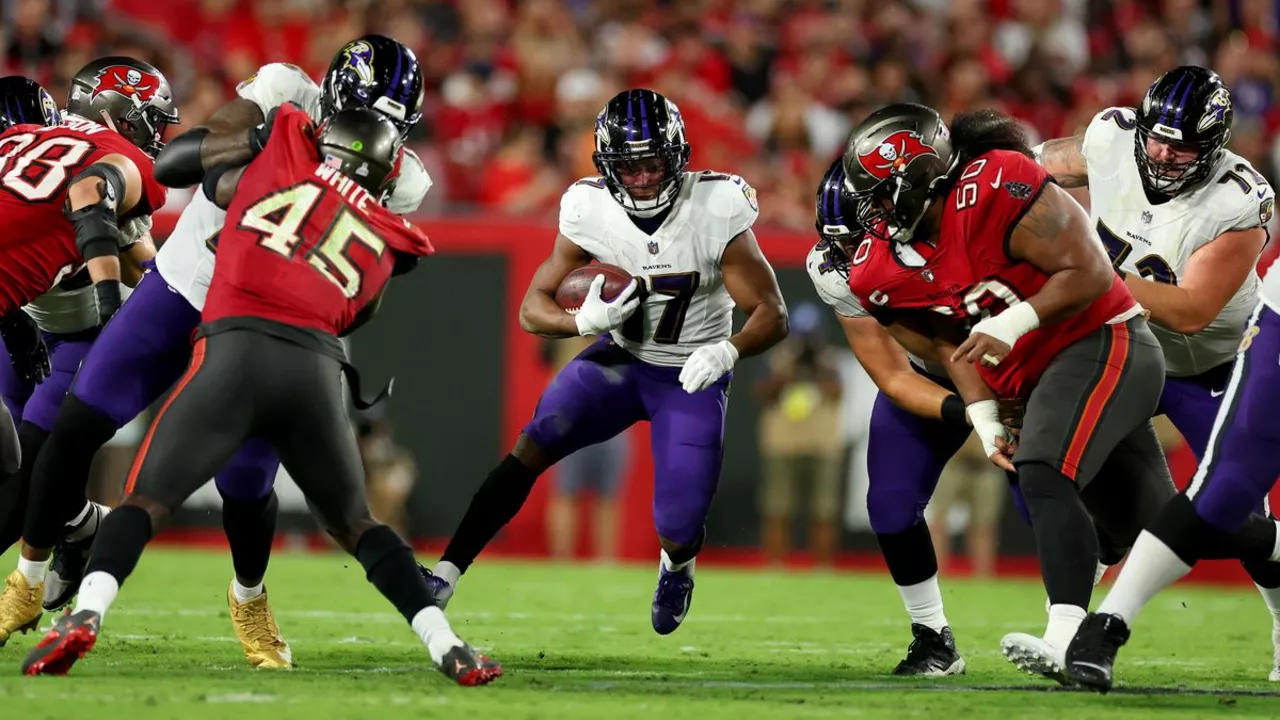Sports Law: What Every Football Fan and Club Should Know
Ever wonder why a club can ban a player for a few weeks or why a league fines a team for breaking rules? The answers lie in sports law – the set of rules that keep the game fair, safe, and financially sound. Whether you’re a player, a coach, or just a supporter, knowing the basics helps you understand the headlines and protects your club from costly mistakes.
Why Sports Law Matters to Local Clubs
Andover Football Club isn’t just a community team; it’s a business that signs contracts, pays wages, and follows league guidelines. A simple breach – like failing to register a player on time – can lead to point deductions or even expulsion from a competition. That’s why most clubs have a legal advisor or at least a volunteer who watches the rulebook. The right paperwork also shields you from lawsuits if a player gets injured during a match or training.
Contracts are the heart of sports law. They spell out how long a player stays, what salary they earn, and the conditions for termination. Mis‑reading a clause can cost a club thousands in compensation. For example, a clause that allows a player to leave if a higher‑division club shows interest must be clearly defined, otherwise the original club might lose a star for free.
Game Fixing and the NFL Example
One hot topic in sports law is game fixing. A recent post asked, “Is it legal for the NFL to fix its own games?” The short answer: there’s no law that outright bans a league from influencing outcomes, but doing so would violate antitrust rules and breach contract obligations with broadcasters and sponsors. Even if it’s not strictly illegal, it shatters trust and can lead to massive fines or loss of TV deals.
In the UK, the Sport Integrity Unit monitors betting patterns and works with police to stop match‑rigging. If a club were found to collude with officials to alter scores, the penalties could include hefty fines, bans for involved members, and even criminal charges. That’s why clubs invest in education programs that teach players and staff about the risks of gambling and the importance of reporting suspicious behavior.
For Andover FC, the lesson is clear: keep everything transparent. Document decisions, report any irregularities, and ensure all staff understand the consequences of crossing legal lines. A solid integrity policy not only protects the club but also builds credibility with fans and sponsors.
Another legal angle is disciplinary action. When a player receives a red card, the league may impose additional sanctions like suspension or fines. Clubs can appeal these decisions, but they must follow strict timelines and provide solid evidence. Ignoring the process can make the appeal void and worsen the penalty.
Finally, consider data protection. Modern clubs collect player health info, personal details, and performance metrics. Under GDPR, you must store this data securely and obtain clear consent for any sharing. A breach can result in hefty fines and damage to your reputation.
Bottom line: sports law isn’t just for big leagues. It governs every contract, every disciplinary decision, and every piece of data your club handles. By staying informed and proactive, Andover Football Club can avoid legal pitfalls, protect its members, and keep the focus on the beautiful game.
Is it legal for the NFL to fix its own games?
Jul, 12 2023
After digging into the legality of the NFL potentially fixing its own games, it's clear that this is a murky area. While it is not explicitly illegal, it does raise questions about ethics and fairness. The NFL, like any professional sports league, has a vested interest in ensuring games are competitive and entertaining. However, if they were to manipulate outcomes, it could seriously damage their credibility and fan trust. So, while not directly illegal, it's definitely a no-go area for the league.

